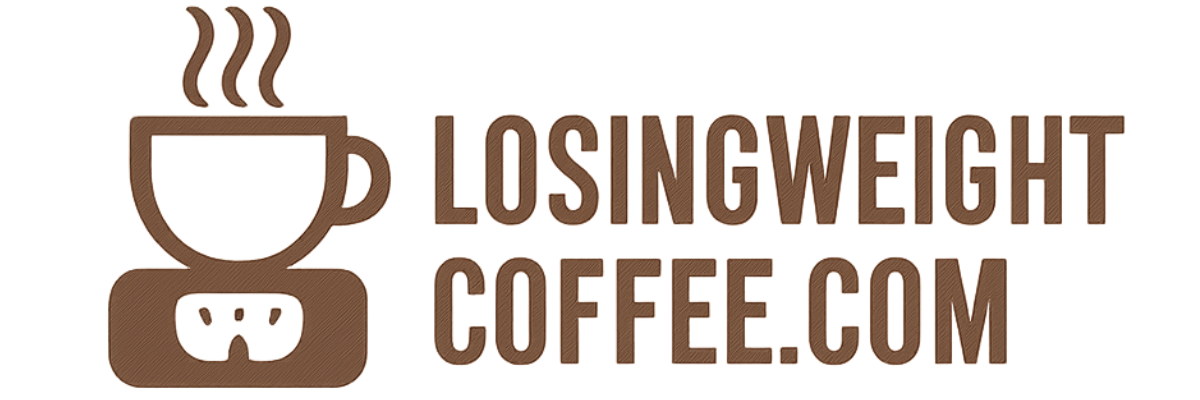


Java Burn is a natural dietary supplement designed to enhance weight loss by boosting metabolism and energy levels. It is a tasteless, powder-based formula that can be mixed with coffee, leveraging the synergy of caffeine and its proprietary blend of ingredients like green tea extract, L-theanine, and chromium. Java Burn aims to support fat burning, improve focus, and regulate blood sugar levels, making it an easy addition to your daily routine.
© 2025 Losing Weight Coffee - All Rights Reserved